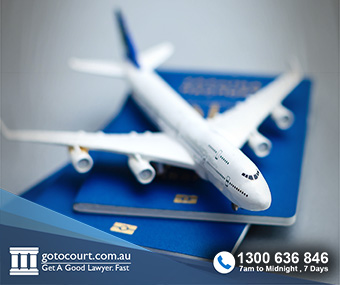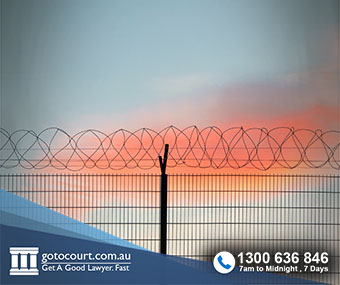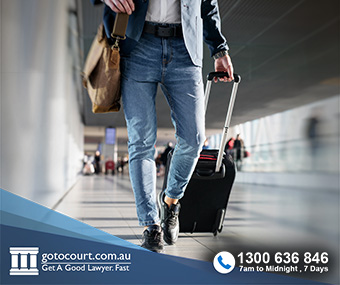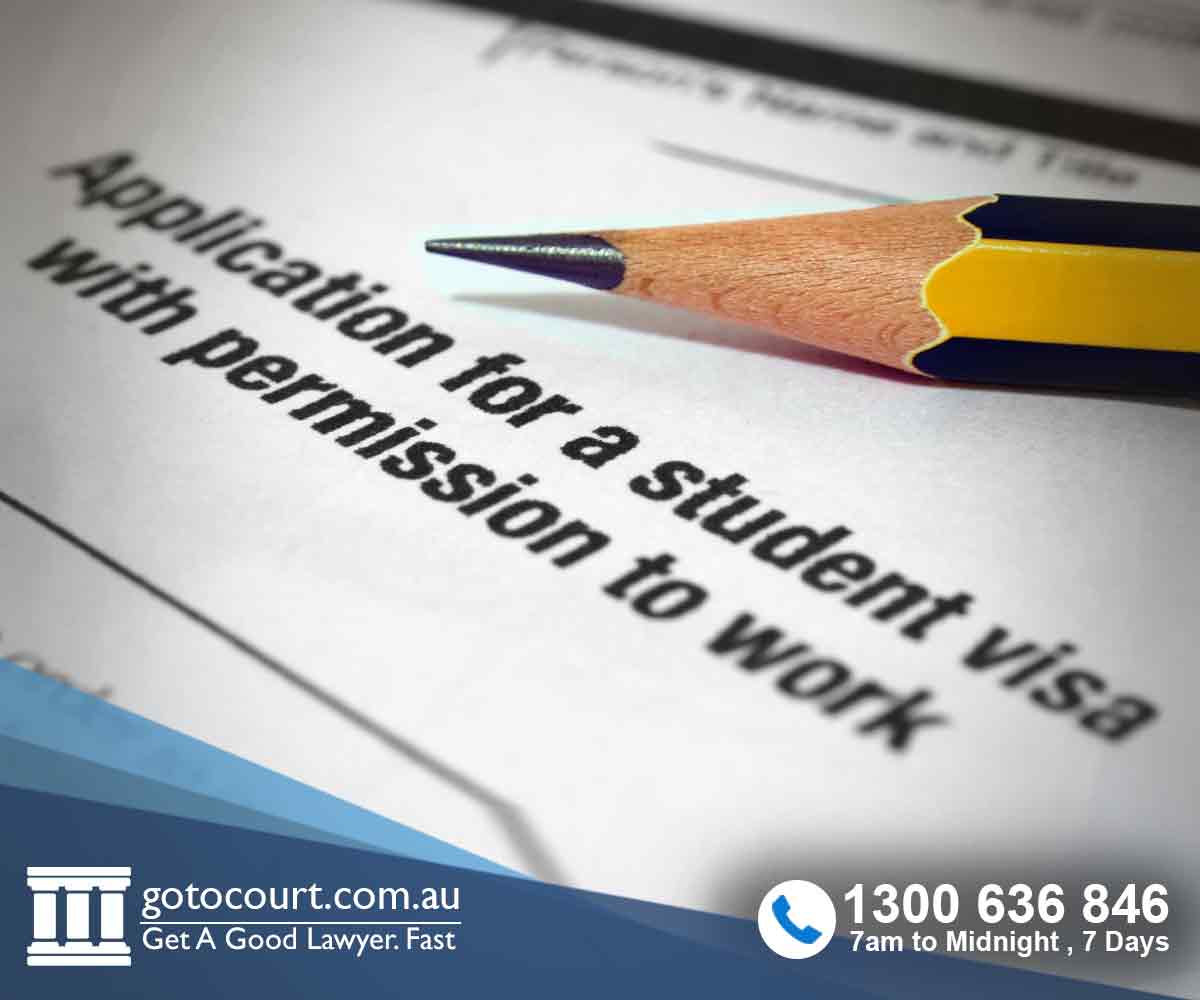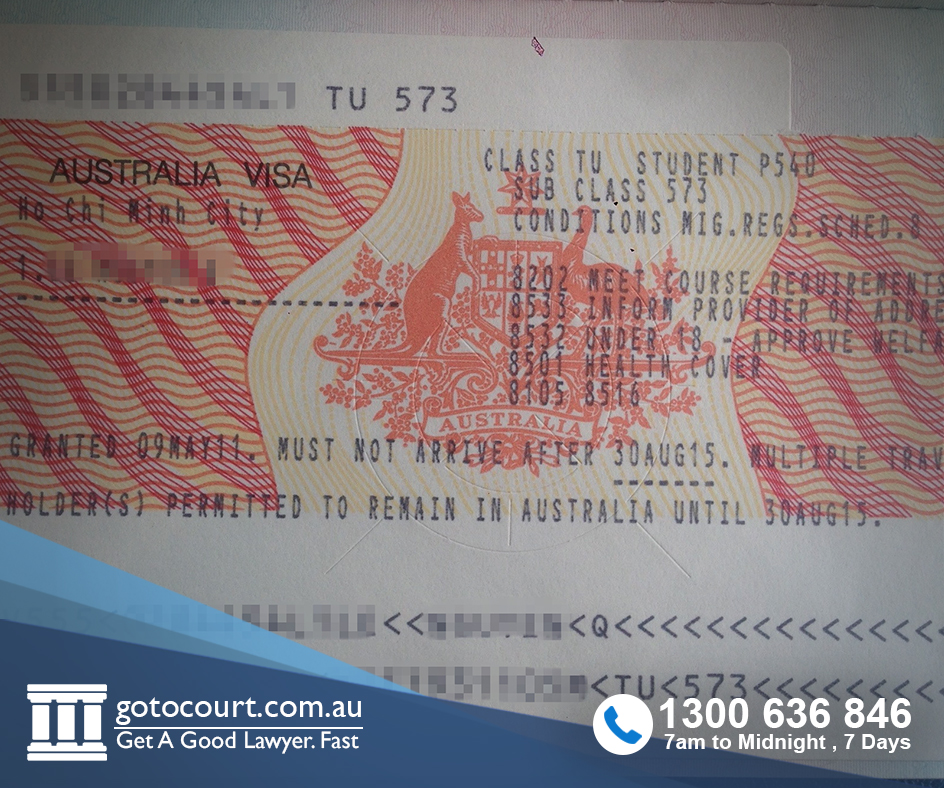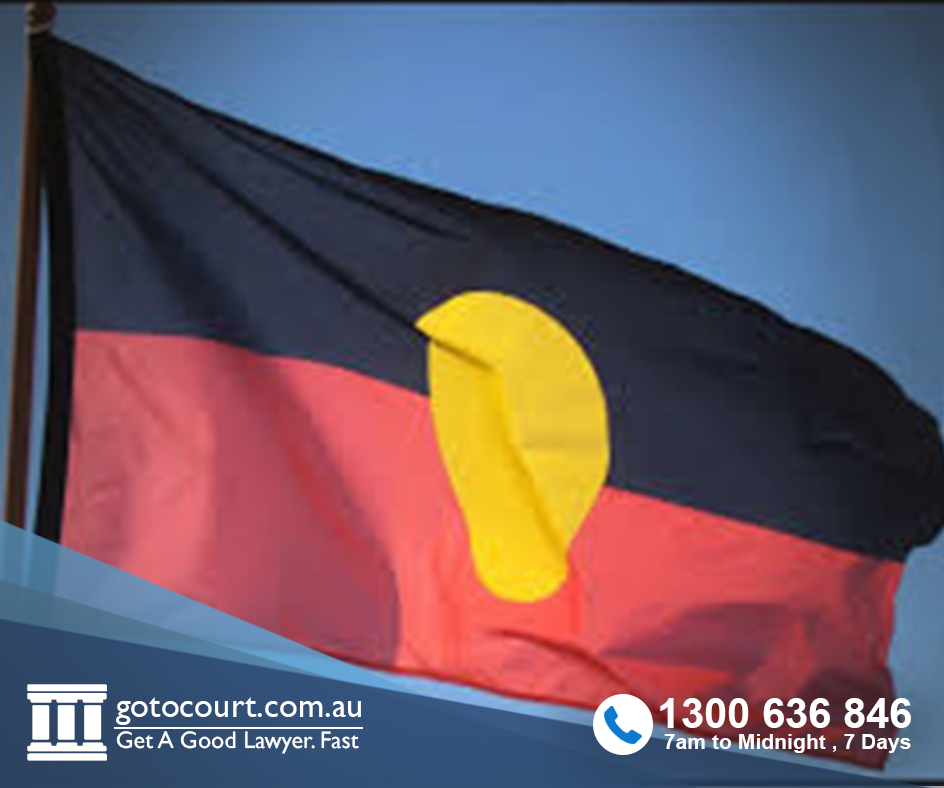Call our lawyers
now
or,
have our lawyers
call you
People Smuggling Offences
Updated on Nov 08, 2022 • 5 min read • 430 views • Copy Link
People Smuggling Offences
There are several offences under the Migration Act which relate to people smuggling. These offences consist of bringing people who are not Australian citizens and do not have visas to travel to Australia, into the country. People smuggling offences often involve dangerous sea journeys to Australia. The people smuggling offences under the Migration Act apply both to the crew of vessels that attempt the journey to Australia and the organisers of the ventures. There are also other related offences under the Migration Act, such as concealing a person who has entered the country illegally.
What is people smuggling?
People smuggling is different to human trafficking. People smugglers are paid by people who wish to enter the country, while human traffickers use coercion or deception to force people to enter a country illegally.
The government considers people smuggling a serious threat to the country because of the following:
- Security concerns that flow from people arriving in the country without being properly identified;
- Quarantine and health risks that flow from people bypassing lawful immigration processes;
- Logistical problems and costs;
- The perceived threat to the sovereignty of Australia’s borders.
People smuggling offences
There are three people smuggling offences under the Migration Act.
People smuggling
Section 233A makes it an offence to organise or facilitate the bringing or coming to Australia of a person who is a non-citizen and who has no legal right to come to Australia. The act clarifies that a person does not have a legal right to enter Australia if they do not hold a valid visa, are not covered by an exception and are not permitted to enter Australia without a visa under regulations. It states explicitly that a person seeking asylum is a person without a legal right to enter Australia if they fulfill these criteria regardless of whether Australia has protection obligations in respect of them.
The maximum penalty for this offence is imprisonment for 10 years, or a fine of 1,000 penalty units, or both.
There are two offences of aggravated people smuggling under the Migration Act.
Where the victim is put in danger
Section 233B makes it an aggravated offence of people smuggling if the accused subjects the person smuggled to cruel, inhuman or degrading treatment and/or the accused’s conduct puts the person in danger of death or serious harm and the accused is reckless as to this danger.
Where there are 5 or more victims
Section 233C makes it an aggravated offence to bring a group of people into Australia, where 5 or more of the people are non-citizens without the right to enter Australia.
The maximum penalty for aggravated people smuggling under either of these provisions is imprisonment for 20 years or a fine of 2,000 penalty units, or both.
Mandatory minimum sentences
Judges sentencing persons for people smuggling offences are restricted in the penalties they can impose by Sections 236A and 236B of the Migration Act. Under Section 236A, a court can only discharge a person without conviction for one of these offences if the person was aged under 18 when the offence was committed. Under Section 236B a court must impose a sentence of at least:
- 8 years, if the offence is an offence against Section 233B or if the offence is a repeat offence;
- 5 years in any other case.
The court must set a non-parole period of at least 5 years for an offence against Section 233B or for a repeat offence. The court must set a non-parole period of at least 3 years in any other case.
Related offences
The Migration Act also contains a number of ancillary offences related to people smuggling. These include supporting people smuggling, and concealing and harbouring a non-citizen, both of which carry maximum penalties of 10 years imprisonment.
Politicisation of people smuggling
The issue of people smuggling has been highly politicised in recent years. In 2013, the government established Operation Sovereign Borders, which is a military-led border security operation, to combat people smuggling. A wide range of Australian government agencies are involved in border security operations.
Refugee and asylum seeker advocates have criticised successful Australian governments for using people smuggling to criminalise and stigmatise asylum seekers themselves. They argue that the government’s tough approach to people smuggling has led many people to associate boat people with illegal activity, when in fact it is not illegal to seek asylum.
Advocates and lawyers also argue that the penalties for people smuggling are excessive, as they are comparable to the penalties for rape and murder. They claim that many people smugglers are motivated by humanitarian concerns and assist people to reach safety in order to pursue legitimate claims for asylum. Members of the judiciary have expressed the view that the mandatory minimum penalties for people smuggling result in unfair outcomes for some defendants found guilty of these offences.
If you require legal advice or representation please contact Go To Court Lawyers.

Affordable Lawyers
Our Go To Court Lawyers will assist you in all areas of law. We specialise in providing legal advice urgently – at the time when you need it most. If you need a lawyer right now, today, we can help you – no matter where you are in Australia.How It Works







1. You speak directly to a lawyer
When you call the Go To Court Legal Hotline, you will be connected directly to a lawyer, every time.


2. Get your legal situation assessed
We determine the best way forward in your legal matter, free of charge. If you want to go ahead and book a face-to-face appointment, we will connect you with a specialist in your local area.


3. We arrange everything as needed
If you want to go ahead and book a fact-to-face appointment, we will connect you with a specialist in your local area no matter where you are and even at very short notice.



